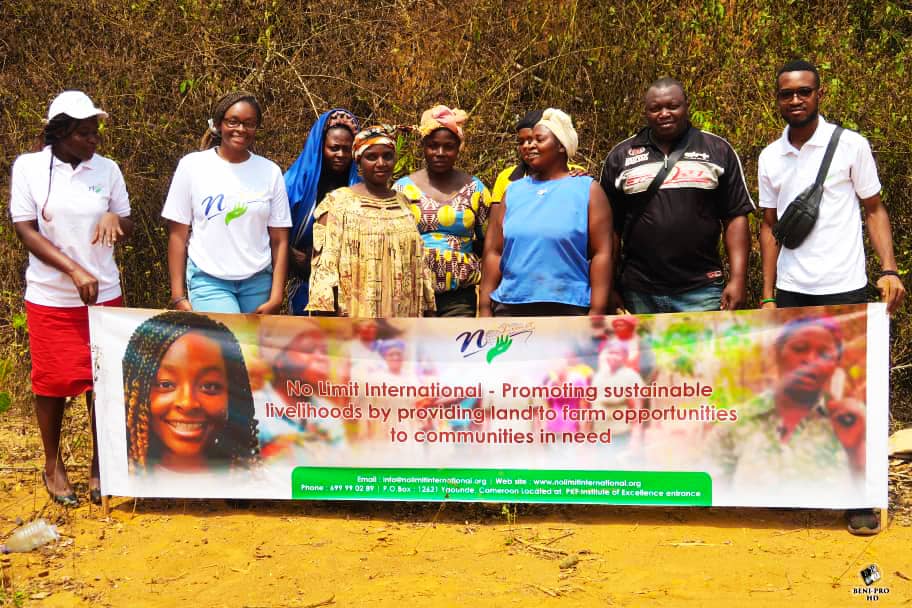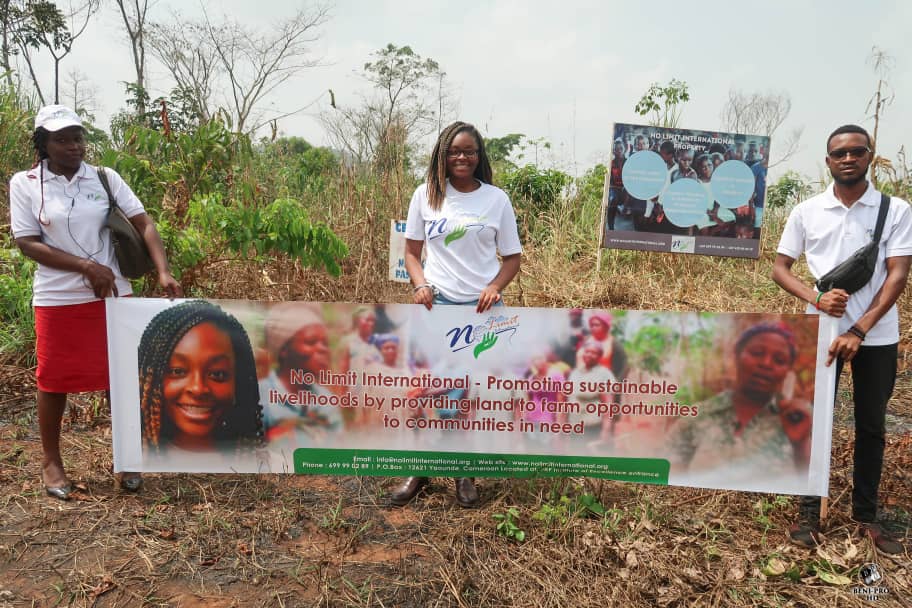End Poverty
Ending poverty is goal 1 of the 2030 Agenda for Sustainable Development.
Fight Hunger
Fighting hunger is goal 2 of the 2030 Agenda for Sustainable Development.



Fighting Hunger and Poverty

According to the United Nations, about 821 million people in the world were undernourished in 2018 with 1.2 billion people living on less than $1a day, the absolute poverty level. Poverty entails more than the lack of income and productive resources to ensure sustainable livelihoods. Its manifestations include hunger and malnutrition, limited access to education and other basic services, social discrimination and exclusion, as well as the lack of participation in decision-making. Because of this, we must ensure that communities are given the necessary tools to ensure sustainable livelihoods.
No Limit International has taken steps in the community to address Sustainable Development Goal 1 (End Poverty) and Goal 2 (Fight Hunger) by providing land-to-farm opportunities to vulnerable populations in Cameroon. The fact that people don’t earn income shouldn’t prevent them from seeking food security for their families in various ways.
Our programs aim to:
- Implement livelihood programs (entrepreneurship and skill development) that help vulnerable communities improve their access to food and income
- Provide startup funds to rural and urban farming initiatives that help improve the quality of lives
- Help families gain control over their own food source though educational workshops
- Empower small farmers with innovative farming techniques that increase crop production and income potential
- Assist families recover from forced displacement by providing resources such as land-to-farm programs
FOOD FOR ALL AT AL COSTS
Under the leadership of Orlyanka TANTCHOU, Co-Founder of No Limit International, the program “Food For All At All Cost” was launched to end hunger by promoting sustainable agriculture through land access to families in need.
“Our goal is to achieve food security and promote sustainable agriculture as a means to end poverty and hunger. Let’s face it: food is grown, and the best way to help the needy is to provide access to land so that they can grow their own food.
We provide land-to-farm opportunities free of charge to vulnerable populations so that they can not only feed their families through farming but also sell the rest of the crop production in order to send their children to school and live decent lives.” – Orlyanka TANTCHOU

